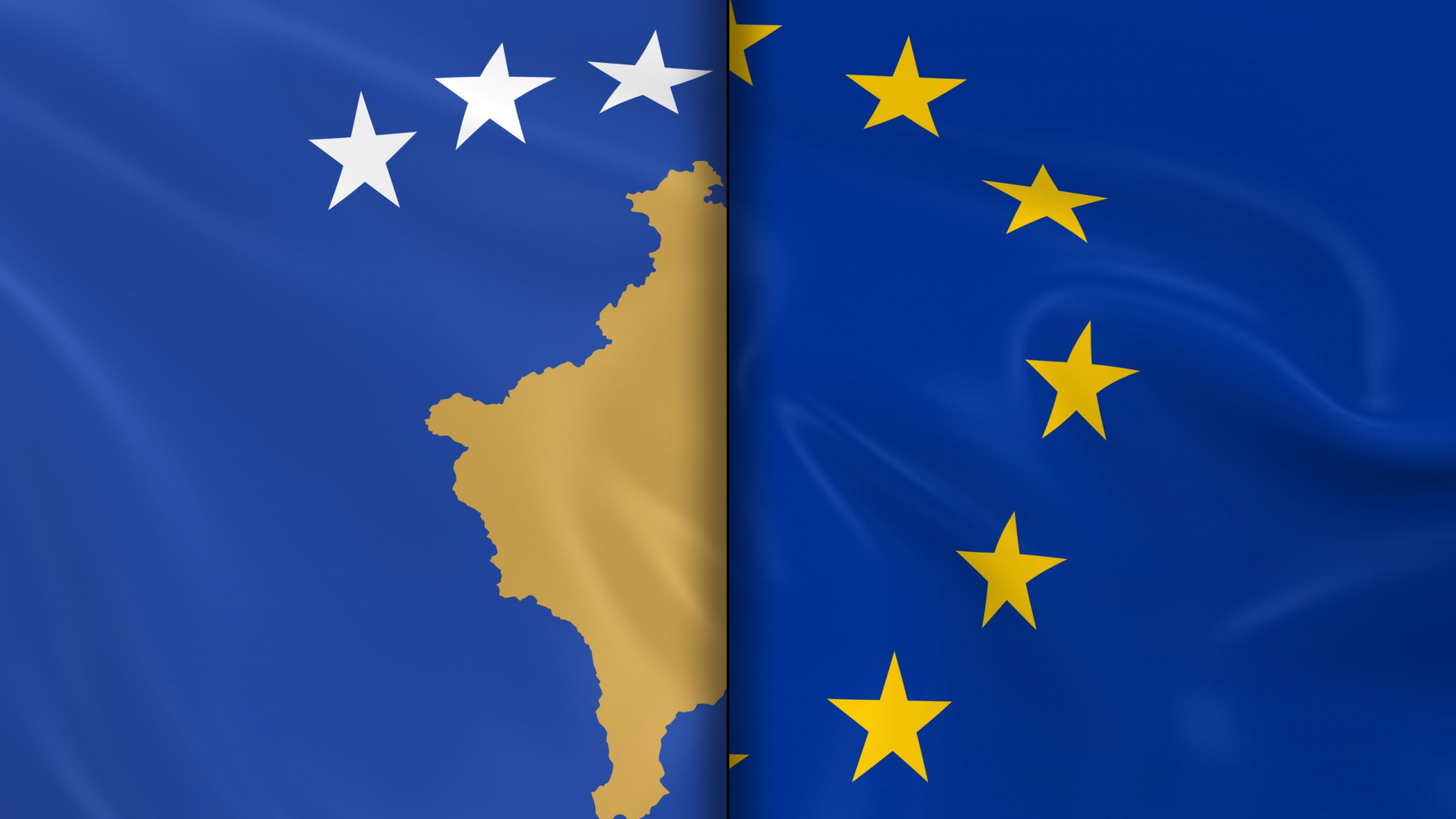Kingdom of Spain v. European Commission, Case C-632/20 P, CJEU, (Grand Chamber), 17 January 2023

The Court of Justice of the European Union (CJEU) recently ruled on the meaning of the nouns "State" and "Country" within the Treaty system, in relation to the status of Kosovo.
In its judgment of 17 January 2023, Case C-632/20 P, Spain v. Commission, the Grand Chamber of the CJEU annulled the previous judgment of 23 September 2020, T-70/19, Spain v. Commission, in which the General Court of the European Union had dismissed Spain's appeal against the Commission's decision of 18 March 2019. In fact, Commission admitted the National Regulatory Authority on Electronic Communications (NRA) of Kosovo to participate in the Board of Regulators and working groups of BEREC (the Body of European Regulators for Electronic Communications), as well as in the Administrative Board of the BEREC Office. Referring to the advisory opinion of the International Court of Justice of 22 July 2010 on Kosovo's declaration of independence (I.C.J, Reports 2010, p. 403), the Court noted that Kosovo can be equated to a "third country", within the meaning of Regulation 2018/1971, without violating international law and that it can therefore participate in BEREC (para. 50). However, the Court annulled the Commission's decision on the grounds that it could not be adopted based on Article 17 TEU under the Commission's executive and external representation functions. Not to jeopardise the participation of the Kosovo NRA in BEREC, the Court nevertheless decided to maintain the effects of the Commission's decision until new, possible working arrangements between the BEREC Office and the Kosovo NRA would enter into force. The Court specified that the maintenance of the effects of this decision may not, in any case, exceed a reasonable period of six months.
Notably, the CJEU agreed with Spain that, according to the EU Treaties, there is no difference between the terms "country" and "state", as the General Court had held in its previous judgment (T-70/19, Spain v. Commission). The Court came to this conclusion after examining the 'interchangeable' use of the two terms within the EU Treaties (para. 39) and the fact that in many EU languages the expression 'third country' is translated as 'third State' (para. 40).
Furthermore, the CJEU clarified "that the treatment of Kosovo as a third country does not affect the individual positions of the Member States as to whether Kosovo has the status of an independent state claimed by its authorities". It also recognised that the EU, on behalf of all member states, had already agreed to international agreements with Kosovo when it signed, among others, the Stabilisation and Association Agreement. With this, the EU had recognised Kosovo's "capacity to conclude such agreements" (para. 55).
It remains to be seen whether these conclusions will have an impact on Kosovo's future relations with the EU, especially considering Kosovo's recent application for EU membership on 15 December 2022. This might trigger discussions on Kosovo's international status by those member states that have not recognised it as a state (Spain, Cyprus, Greece, Slovakia, and Romania).
(Comment bt Edin Skrebo)

